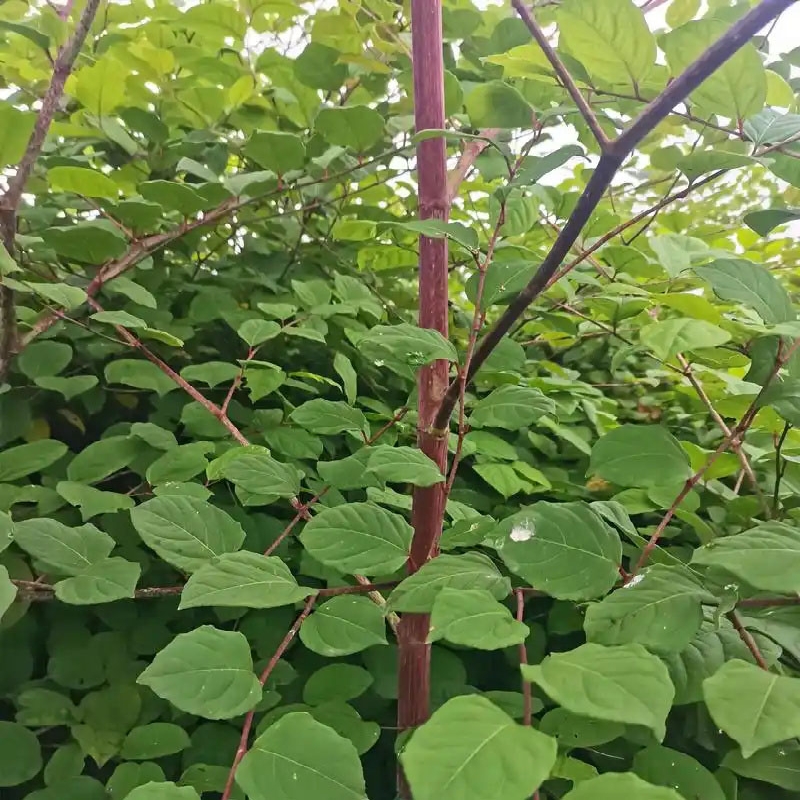Algae or clues to malaria treatment
-
Last Update: 2011-02-24
-
Source: Internet
-
Author: User
Search more information of high quality chemicals, good prices and reliable suppliers, visit
www.echemi.com
U.S researchers said on February 21 that they found a special kind of seaweed This kind of seaweed can release some natural substances to resist bacterial infection by chemical methods The discovery could help develop antimalarial drugs Malaria, an insect borne disease caused by Plasmodium, kills more than one million people worldwide every year Due to the gradual resistance of Plasmodium to traditional antimalarial drugs, the research and development of new antimalarial drugs has been put on the agenda At an international scientific symposium in Washington, the researchers said one of the 800 species of seaweeds they collected off the coast of Fiji was particularly noteworthy because it "seemed to be particularly good at fighting bacterial infections." The researchers found that this kind of seaweed has "light spots", and the "spots" contain specific molecules, which can "block" the channel of bacteria invasion in time to prevent the disease "Unlike humans, seaweeds don't have an immune response, but some of the chemicals in their tissues can protect them," said Julia kubarneck, an associate professor at Georgia Institute of technology "We can apply this chemical process to new treatments for human diseases for the benefit of mankind." "There are only a few effective drugs left to treat malaria that is rampant all over the world," kubarneck said "It is hoped that these molecules can be the source of new drugs." However, there is still a "long way to go" from molecular discovery to drug development It is not clear whether these molecules can be used to treat human diseases The researchers say they plan to test the next phase on mice.
This article is an English version of an article which is originally in the Chinese language on echemi.com and is provided for information purposes only.
This website makes no representation or warranty of any kind, either expressed or implied, as to the accuracy, completeness ownership or reliability of
the article or any translations thereof. If you have any concerns or complaints relating to the article, please send an email, providing a detailed
description of the concern or complaint, to
service@echemi.com. A staff member will contact you within 5 working days. Once verified, infringing content
will be removed immediately.






